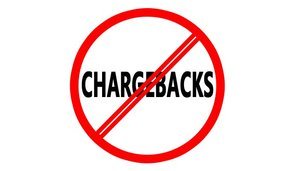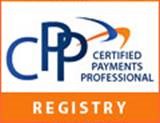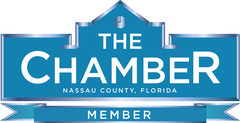|
We are seeing disputes on the increase recently, which is why we want to bring up this subject and provide info to help protect your business. Although chargebacks and disputes are an unwelcome part of business operations, you can minimize the chances that you’ll be impacted by this growing hazard. Using a “broad brush”, there are four basic reasons why a business might see a dispute/chargeback.1. Services not provided or merchandise not received 2. Services or product not as described or defective 3. Credit Not Processed 4. Cardholder Reports Fraud Regardless of the reason, it is very important you have taken steps to protect your business before there is a dispute/chargeback. Some businesses are at a higher risk of a dispute/chargeback. For example, a coffee shop where the transactions are very low dollars and cards are chip read or swiped, might not ever see a dispute/chargeback. On the other hand, a business that takes larger transactions and might key in the card will be at a higher risk, like a cabinet shop. Keyed in transactions are always at a higher risk for dispute/chargeback.
Here are suggestions to take before the sale. Add on the credit card receipt footer your return policy. There is a limitation on the text. I like ALL SALES FINAL – NO REFUNDS. You can refund if you want, however, if there is a dispute/chargeback, having this on your receipt will help you prevail. If this appeals to you let us know and we can help. If your business deals with larger transactions and the cardholder is not physically present to sign the receipt, try to get them to print the receipt on their end and text a copy of the signed receipt back. Also an invoice or an order form noting your terms along with paid by credit card referencing the last four of the card number. Have the invoice signed. Do you maintain a card on file at the request of your customer for ongoing services? If so have a written and signed agreement by the cardholder giving you authorization. I suggest including the wording of the terms and conditions. Maybe include ALL SALES FINAL – NO REFUNDS. As you charge the card on file, always communicate the card was used and include a paid invoice detailing what was paid. Make your billing details clear. Avoid using a name that the customer may not recognize like the legal name unless that is what is published. Your customer may not recognize it and may cancel the transaction to avoid potential credit card fraud. To avoid this unwelcome scenario, use your exact store or website name on all transaction details. If space allows, include your customer service phone number and hours. Have a website that you sell your product on? Be sure to note the terms and conditions of the sales. Document your shipping and return policies Always be transparent about your merchandise shipping policies and timelines. Don’t gloss over this issue so you can make the sale, as this practice can return to haunt you when the customer still doesn’t have their merchandise after the stated arrival time. Follow similar guidelines with your returns. Clearly post your return policy at the POS terminal and/or on your business’s website. The bottom line is to document every sale, whether it be a receipt from the credit card terminal or a signed invoice, or some other agreement. Treat every credit card sale as if you will need to provide proof to protect yourself against a dispute/chargeback. A cardholder can always dispute even if they are wrong. It’s your responsibility to have your proof ready to prove you had their permission to use their card for the transaction. To learn more click to download Best Practices Guide We are here to help you should you have questions about disputes/chargebacks or anything related to Point Of Sale systems or credit card processing solutions. First Coast Payments 904-638-8804 [email protected]
0 Comments
Leave a Reply. |
First Coast PAYMENTS BLOGWe eliminate the junk fees others charge. Archives
June 2024
Categories
All
|
Credit Card Processing for small to mid-size businesses. We eliminate the junk fees.
Serving Northeast Florida, including Jacksonville, Fernandina Beach, Yulee, and beyond.
Admin | Privacy
Site powered by eCoalitions.net
First Coast Payments is a registered agent office for several ISO/MSP. Disclosure.
© 2024 First Coast Payments. All Rights Reserved.
Serving Northeast Florida, including Jacksonville, Fernandina Beach, Yulee, and beyond.
Admin | Privacy
Site powered by eCoalitions.net
First Coast Payments is a registered agent office for several ISO/MSP. Disclosure.
© 2024 First Coast Payments. All Rights Reserved.


 RSS Feed
RSS Feed

